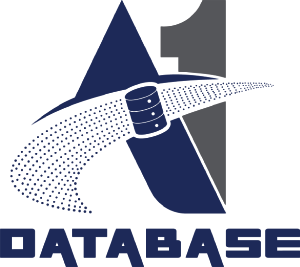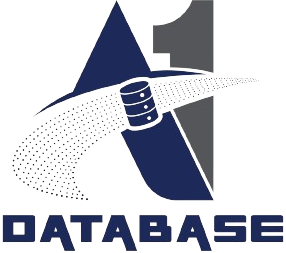- December 4, 2024
- by Admin
- Web Scraping
In the current digital marketplace, data is an indispensable asset that provides considerable competitive advantages to businesses. Among the essential data points for retailers, manufacturers, and e-commerce platforms is the Universal Product Code (UPC), a unique identifier assigned to each product. UPC codes are crucial for effective inventory management, sales tracking, and pricing strategies. As the demand for data continues to escalate, UPC Product Code Data Scraping Services have become a powerful tool for extracting UPC codes from various online platforms. These services facilitate the efficient collection of accurate product information from e-commerce websites, manufacturer sites, and industry databases. This article examines the concept of web scraping for UPC codes, outlining its benefits, applications, and the ethical considerations that organizations must take into account when implementing such techniques. By leveraging UPC Product Code Data Scraping Services, businesses can enhance their data-driven decision-making capabilities and remain competitive in the marketplace.
Understanding UPC Codes
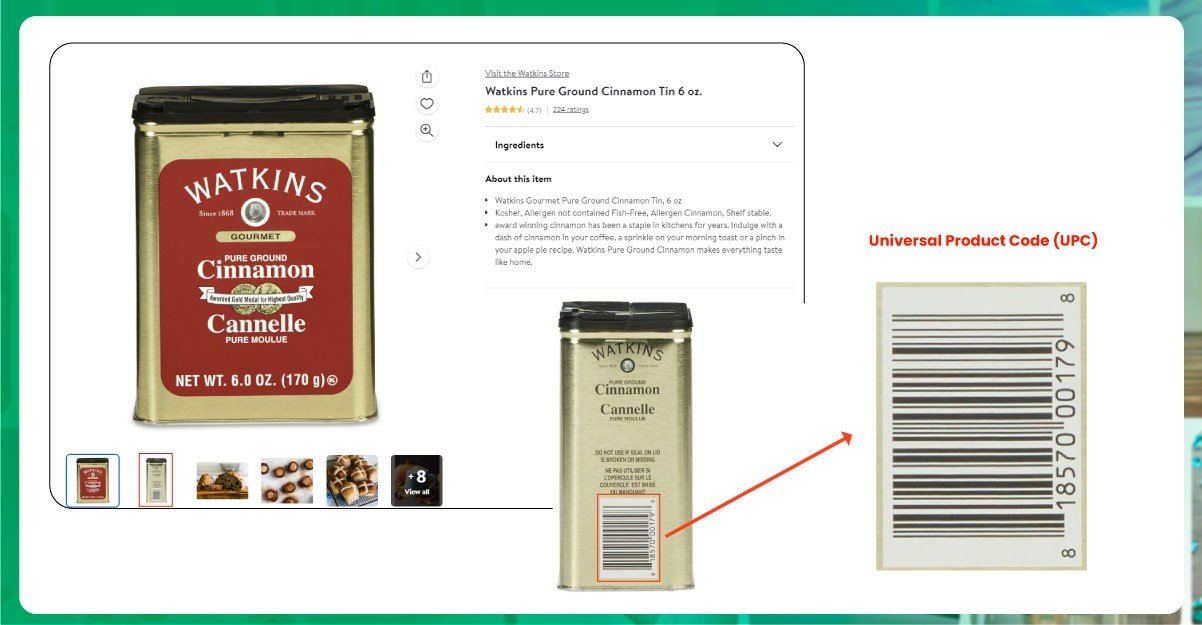
The Universal Product Code (UPC) consists of a 12-digit barcode designed to uniquely identify products in retail contexts. Since its introduction in the 1970s, UPC codes have become the prevailing standard for tracking merchandise in retail and storage facilities. Each UPC is specific to an individual product, which aids retailers in efficiently managing inventory, enhancing sales processes, and analysing consumer trends.
For businesses, UPC codes are critical for various functions, including:
- Inventory Management:UPC codes allow retailers to track stock levels, manage reordering processes, and reduce the risk of stockouts or overstock situations.
- Sales Analysis:By linking sales data to UPC codes, businesses can analyze trends, identify top-selling products, and make data-driven decisions to improve sales performance.
- Pricing Strategies:UPC codes facilitate competitive pricing analysis, enabling businesses to monitor competitors’ prices and adjust their strategies accordingly.
- E-commerce Listings:Online retailers use UPC codes to create accurate product listings and enhance customer searchability.
The Role of Web Scraping in UPC Code Extraction
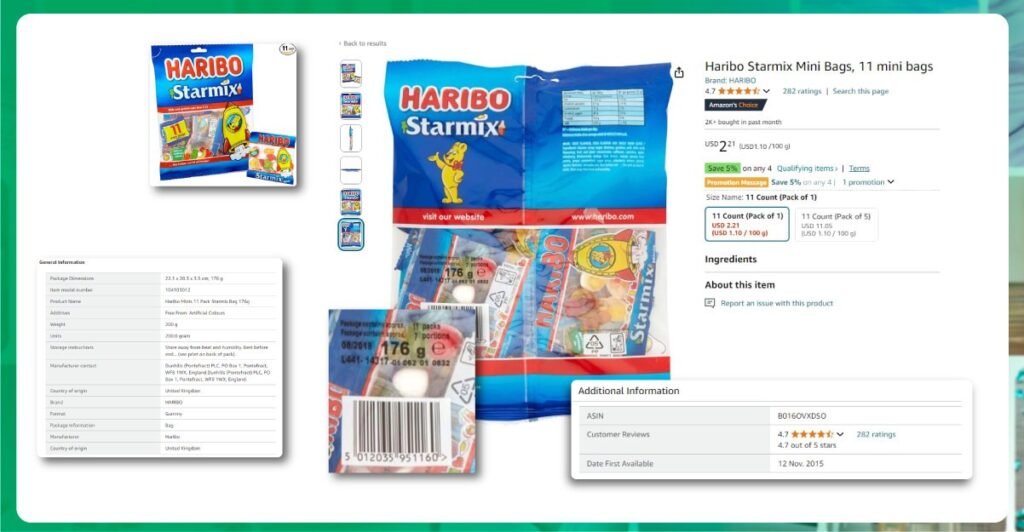
The term web scraping denotes the automated extraction of data from websites. It involves the use of various tools and techniques to retrieve structured data from HTML pages, which can then be systematically organized and analysed for business intelligence. In the realm of UPC codes, web scraping is especially beneficial for acquiring product information from online retailers, manufacturer websites, and industry databases.
- Automated Data Collection: Web scraping allows organizations to swiftly and effectively gather UPC product codes from a variety of online platforms. Automated systems can traverse websites, collect relevant information, and organize data into structured formats. This automation significantly diminishes the time and effort associated with manual data entry, enabling companies to concentrate on strategic objectives rather than monotonous tasks.
- Access to Comprehensive Product Information: By employing web scraping techniques, businesses can extract not only UPC codes but also detailed retail product data, including descriptions, pricing, and stock availability. This extensive data collection offers a complete perspective on products, empowering retailers to make well-informed decisions regarding inventory control and pricing strategies.
- Efficient Extraction from E-commerce Sites: The extraction of UPC codes from major e-commerce platforms such as Amazon, eBay, and Walmart is essential for sustaining competitive pricing and ensuring accurate product listings. Web scraping tools can methodically collect UPC codes from these sites, guaranteeing that businesses have access to the most current information regarding product offerings and market trends.
- Enhanced Market Analysis: Web scraping supports the collection of e-commerce product data by delivering insights into competitor products, pricing tactics, and market dynamics. Companies can analyse the gathered data to pinpoint best-selling items, track competitor pricing, and refine their strategies, thereby securing a competitive edge in the market.
- Improved Data Accuracy: Utilizing web scraping tools for the extraction of UPC codes ensures a high degree of data accuracy. By automating the data collection process, businesses reduce the likelihood of errors associated with manual entry. Accurate UPC codes are vital for effective inventory management and sales tracking, ultimately enhancing operational efficiency.
Web scraping can be leveraged to extract UPC codes from various sources, including:
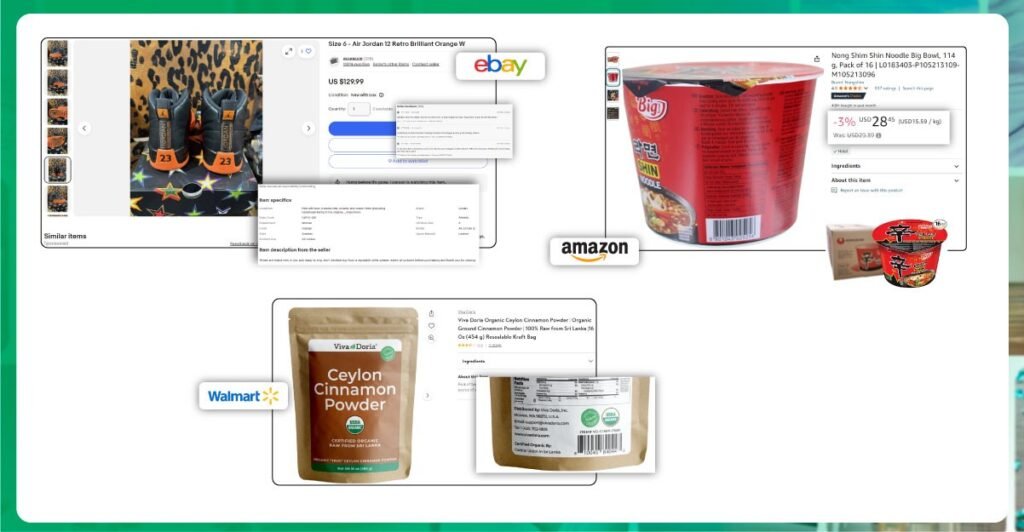
Retail Websites: E-commerce platforms like Amazon, eBay, and Walmart often display UPC codes alongside product listings, making them a valuable resource for data extraction.
Manufacturer Sites: Many manufacturers provide detailed product information on their websites, including UPC codes, specifications, and descriptions.
Product Databases: Various online databases and repositories aggregate product information, including UPC codes, which can benefit businesses looking to enrich their product catalogs.
Benefits of Web Scraping for UPC Codes
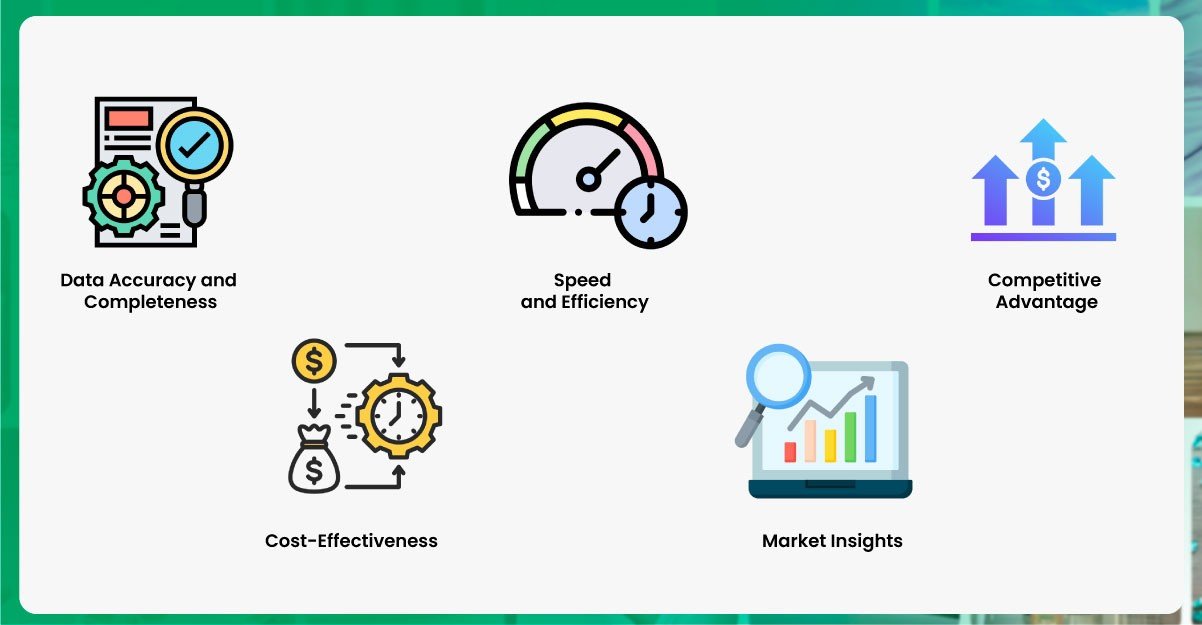
The application of Web Scraping Ecommerce Product Data provides a multitude of benefits for enterprises across different industries:
- Data Accuracy and Completeness: Manual data entry frequently introduces errors, resulting in inaccuracies that can significantly impact businesses. Web scraping automates the data extraction process, thereby reducing the likelihood of human error and ensuring that the collected UPC codes are both accurate and comprehensive. This level of accuracy is crucial when managing eCommerce product datasets, as even slight inaccuracies can interfere with inventory management and sales tracking.
- Cost-Effectiveness: Web scraping removes the need for expensive manual research and data entry. By automating the extraction process, organizations can conserve time and resources, enabling them to concentrate on strategic initiatives rather than laborious data collection tasks. The use of eCommerce product data scrapers can further improve cost-effectiveness, as these tools facilitate streamlined data collection.
- Speed and Efficiency: Web scraping enables the rapid extraction of large volumes of data. Organizations can swiftly gather UPC codes from various sources, keeping them informed about market trends, competitor offerings, and pricing strategies. The capability to efficiently process extensive eCommerce product datasets ensures that companies remain agile and responsive to shifts in the market.
- Market Insights: By scraping UPC codes and associated product information, organizations can acquire valuable insights into market trends and consumer preferences. This information can guide product development, marketing strategies, and inventory management. Analysing eCommerce product datasets provides businesses with a clearer perspective on customer behaviour and market dynamics.
- Competitive Advantage: With precise and current UPC code data, organizations can make well-informed decisions that provide a competitive advantage. Understanding product availability, pricing, and market trends allows companies to swiftly respond to evolving consumer demands. Utilizing eCommerce product data scrapers enables businesses to maintain an edge over competitors and adjust their strategies in a rapidly changing marketplace.
Applications of UPC Code Data
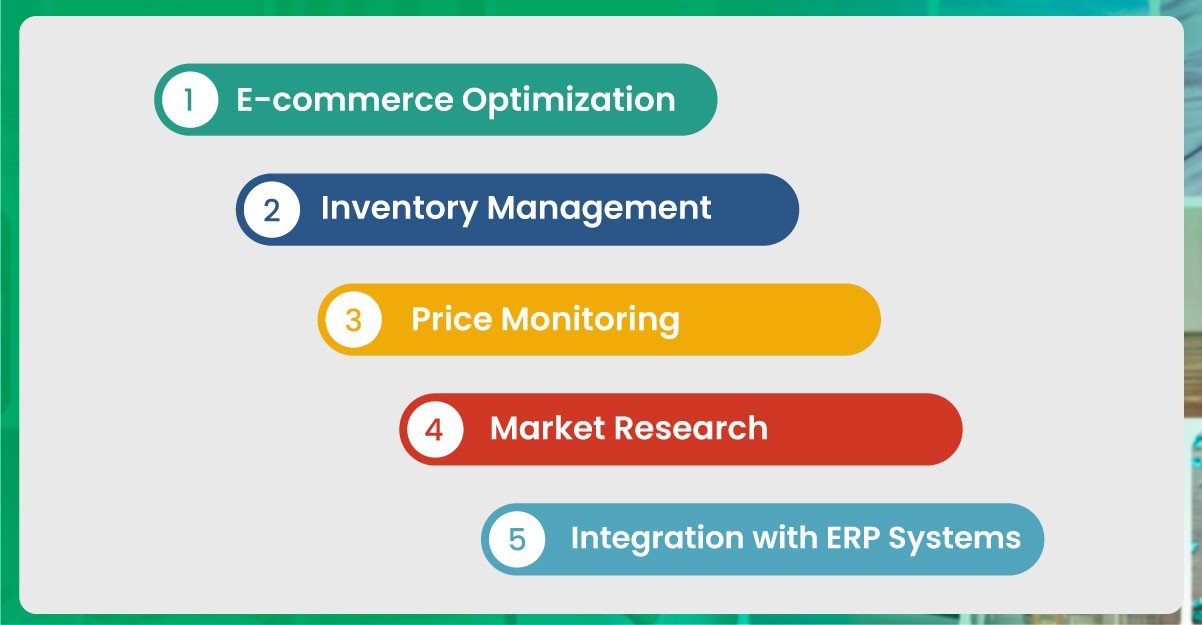
The data extracted through web scraping can be utilized in various applications across different industries:
- E-commerce Optimization: Accurate UPC codes are crucial for online retailers to enhance their product listings. By extracting UPC codes from competitor websites, retailers can ensure their offerings remain competitive and improve their SEO strategies through optimized product descriptions.
- Inventory Management: Retailers can leverage scraped UPC codes to assess stock levels and evaluate product performance. By correlating UPC data with sales metrics, businesses can identify their best-selling products and adjust their inventory management practices accordingly.
- Price Monitoring: Companies can track competitors’ pricing by scraping UPC codes along with relevant pricing information. This enables them to adapt their pricing strategies in real-time, ensuring they stay competitive in the market.
- Market Research: Data gathered from diverse sources can yield significant insights into market dynamics, consumer preferences, and new product trends. Businesses can utilize this information to guide their product development and marketing initiatives.
- Integration with ERP Systems: Scraped UPC codes can be incorporated into Enterprise Resource Planning (ERP) systems, facilitating more efficient inventory management and sales tracking. This integration aids businesses in maintaining precise records and enhancing overall operational efficiency.
